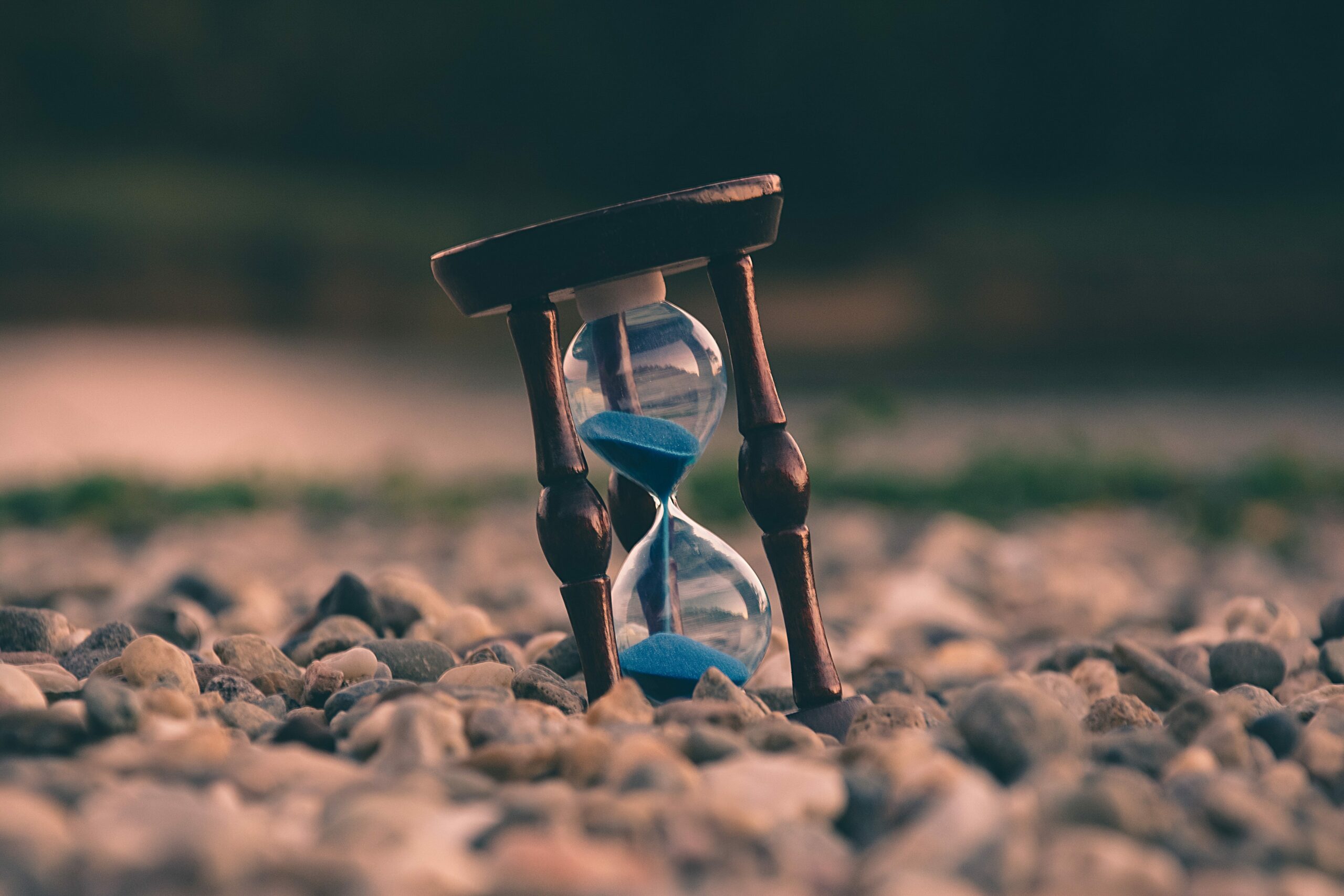Oral, literate & postliterate time
Somewhere time slipped away on me.
Now that I’ve got a moment, it seems like the perfect catalyst to think about how time plays into our postliterate lives.
Time is one of these funny things about life. It happens, and you can’t stop it. Days, seasons, lunar cycles, life, growth, ageing, death – there is a passage of undeniable change.
Calendars are far older than literacy. And of course, it’s important to survival: knowing when winter comes, when animals migrate, when plants bloom or are edible. There is a practical application to this, and as we’ve been learning about oral cultures, when it is something more practical, it’s something worth knowing.
Though, in oral cultures, an agreement between cultures, societies and people is a far different matter. What one calls time, or how it relates, is reflective and personal. I wouldn’t expect any consensus.
As we became more literate and science flourished, we started striving for a consensus. We made rules and started focusing on smaller increments: hours, minutes, seconds. We found the solar year, calculated leap years, time zones, daylight savings time, carbon dating, relativity, space-time, and we’re finding more ways to think and make time work with what we understand of the universe.
Oral Time, Literate Time, Postliterate Time
As we shifted from an oral culture to literate culture, our beliefs and idea of time altered to microscopic moments. Like writing, time became a position in a composition of books and paragraphs, words and letters.
We called it time – but let’s face it – it’s not quite the same.
So as we get into the postliterate, perhaps the connective desire to literate-like order will fade. And in some ways, perhaps we’re seeing the cracks.
Let’s remove daylight savings.
Let’s remove time zones altogether.
Sure a stock trader, programmer, or scientist will need to care about precise “time,” but for the general population, what does it matter how close we get to “now”?
My time isn’t your time and will never be the right time, and for the average person in the average life, perhaps that’s ok.
I think our postliterate lives will be aliterate ones—lives that we know of letters and signs and sentences. There will always be some form of literacy, just cursory.
Like being aliterate, we’ll be atemporal.
We get it. We know it exists. We use a bit of it to know when to gather together for meetings or with friends & family, but other than that, what do we really need it for?
Photo by Aron Visuals on Unsplash
Originally posted on Substack
